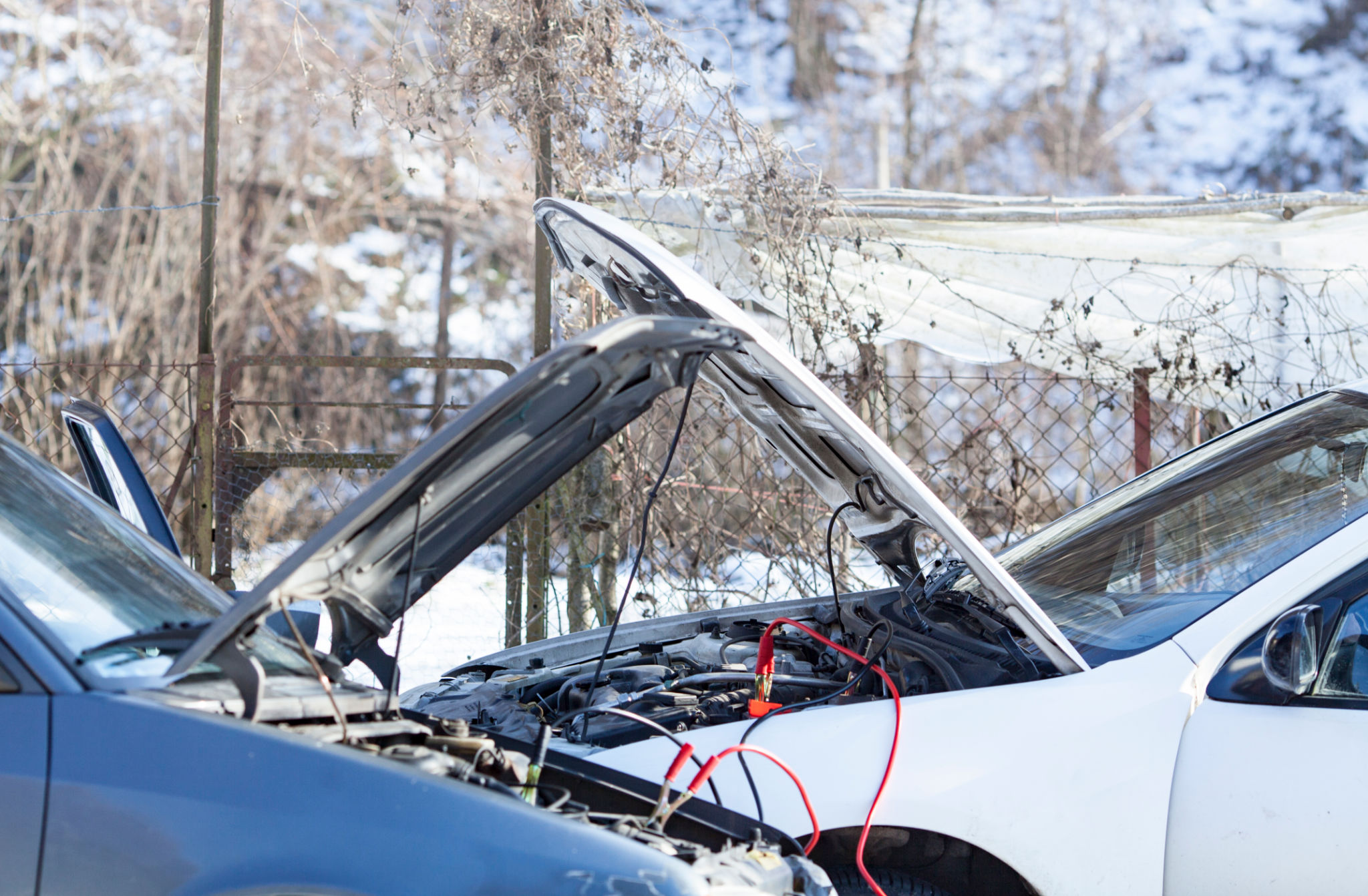A Guide to Seasonal Vehicle Preparation: Tuning Tips for Winter and Summer
Understanding Seasonal Vehicle Preparation
Preparing your vehicle for different seasons is crucial to ensure safety and performance. Whether it's the cold grip of winter or the sweltering heat of summer, each season presents unique challenges that can affect your vehicle. Taking proactive measures to address these challenges can save you from unexpected breakdowns and costly repairs.
Seasonal vehicle preparation involves a series of checks and adjustments tailored to the specific demands of each season. Here's a guide to help you navigate these essential preparations for both winter and summer.

Winter Vehicle Preparation
Check and Replace Fluids
As temperatures drop, certain fluids in your vehicle can thicken or freeze, impacting performance. Ensure your engine oil is suitable for winter conditions; thinner oil can help in cold starts. Additionally, check the antifreeze levels in your radiator to prevent the engine from freezing.
Inspect Your Battery
Cold weather can be harsh on batteries, reducing their power output. Test your battery's charge level and inspect for any signs of corrosion around the terminals. If your battery is over three years old, consider replacing it before winter sets in.

Summer Vehicle Preparation
Check Tire Pressure and Tread
High temperatures can cause tire pressure to increase, leading to an increased risk of blowouts. Regularly check your tire pressure and adjust it according to the manufacturer's recommendations. Also, inspect the tread depth to ensure adequate traction on wet roads.
Maintain the Cooling System
The cooling system works harder during summer to prevent the engine from overheating. Check the coolant levels and ensure there are no leaks in the system. It's also a good idea to flush the radiator and replace the coolant if it hasn't been done recently.

General Maintenance Tips
Regularly Inspect Brakes and Lights
No matter the season, brakes and lights are critical for safety. Ensure that brake pads are not worn out and that all lights, including headlights, taillights, and indicators, are functioning properly. Replace any burnt-out bulbs and consider upgrading to LED lights for better visibility.
Keep an Emergency Kit
Having an emergency kit in your vehicle is essential year-round. Include items such as a first aid kit, flashlight, jumper cables, tire repair kit, and bottled water. During winter, add blankets, snow shovels, and ice scrapers. For summer, consider including extra coolant and sun protection items.

Conclusion
Proper seasonal vehicle preparation ensures a smoother driving experience regardless of weather conditions. By following these tailored tips for winter and summer, you can enhance your vehicle's performance and safety while prolonging its lifespan. Always consult your vehicle's manual for specific maintenance recommendations tailored to your model.
